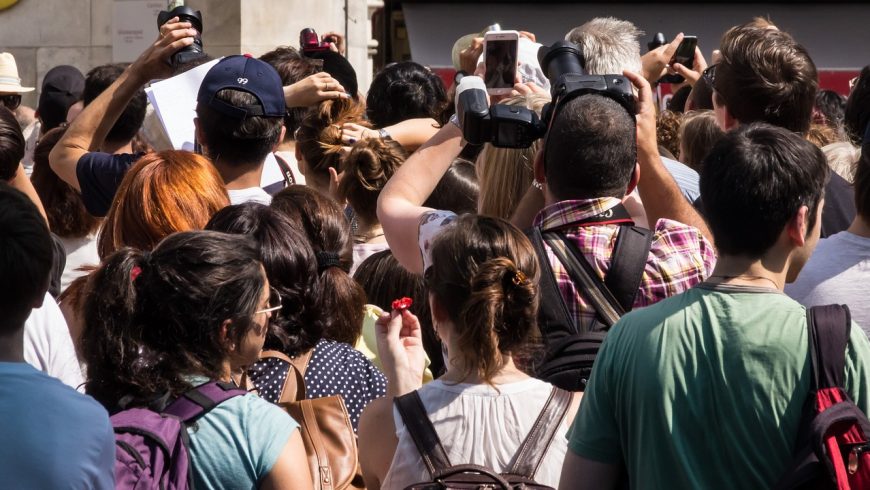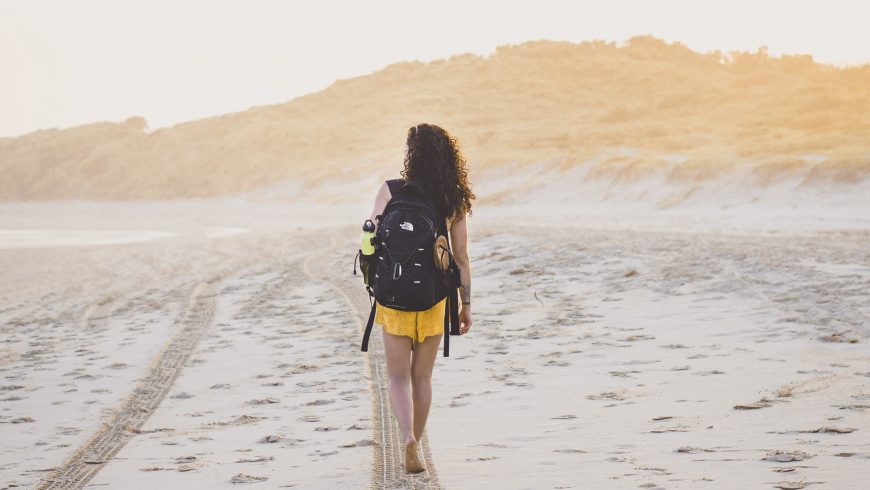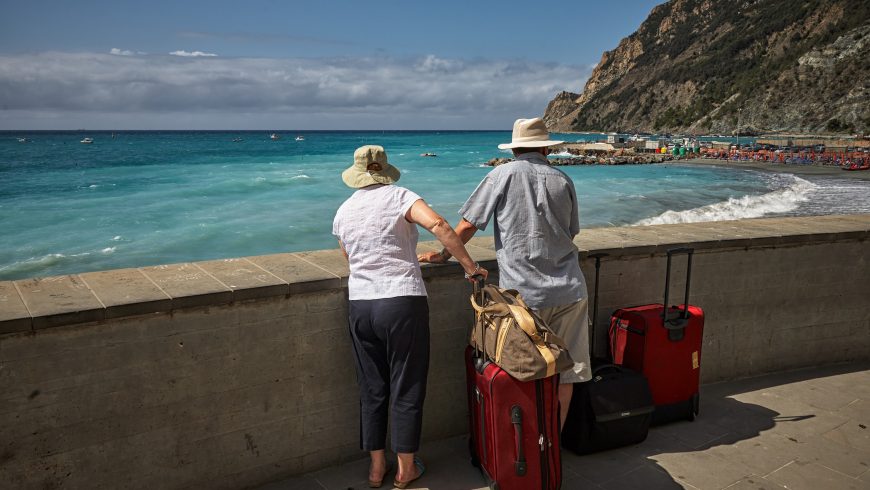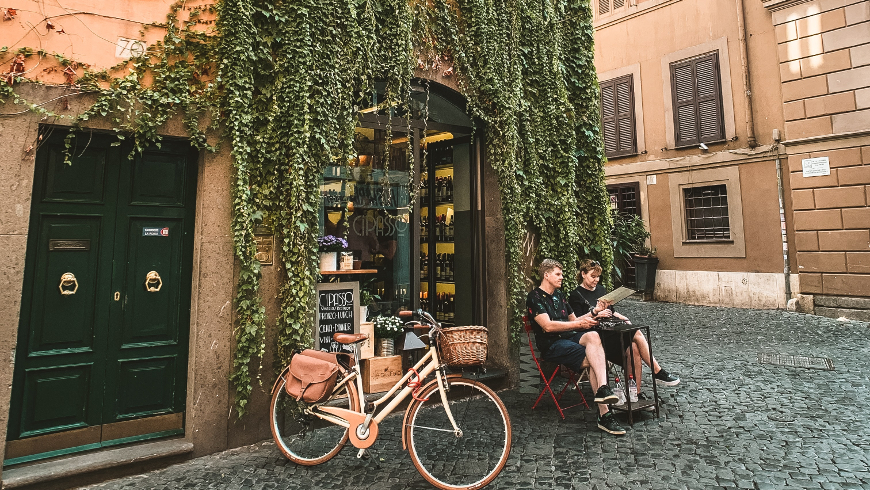Understanding the key Behaviors of Responsible Travelers means embracing conscious choices that respect local cultures, support communities, and reduce environmental impact—making travel more sustainable and meaningful
What do you think about when someone mentions the word “tourism”? Our best guess is that you imagine sandy beaches, crystal clear seas, magical mountains, and breathtaking landscapes. While this really is a common reaction to traveling topics, you should be aware of the other side of the coin.

Namely, millions of travelers make a substantial impact on tourist destinations all over the globe. Tourists have the power to devastate entire sightseeing places or keep them intact. They can seriously downgrade the life of local residents or try to fit in smoothly and delicately.

What would you rather do?
If you are interested in understanding how to become a desirable visitor, keep reading to learn the basic behavioral patterns of a responsible traveler.
What is responsible tourism?
Before we begin discussing the basic features of responsible traveling, we first need to figure out the whole concept. By definition, responsible tourism suggests respecting the environment, but also supporting local communities and making better places for people to live in.
It’s a relatively new phenomenon that has been defined in Cape Town in 2002 at the World Summit on Sustainable Development. According to the Cape Town Declaration, the goal of responsible tourism is to:
- Minimize negative impacts (social, environmental, economic)
- Enhance the well-being of local communities
- Promote local decision-making
- Make positive contributions to the conservation of natural and cultural heritage
- Provide more enjoyable experiences for tourists through more meaningful connections with local people, and a greater understanding of local cultural, social and environmental issues
- Provide access for people with disabilities and the disadvantaged
- Be culturally sensitive and build local pride and confidence
Now, the main question is what makes responsible tourism so important. The answer is simple – the tourism industry makes a huge impact on peoples, cultures, and the planet in general.
A study reveals that tourism contributes to about 8% of global greenhouse gas emissions, while less than 5% of travelers buy sustainable products. Another report shows that nearly half of tourists never really manage to travel sustainably.
What can you do to contribute to the responsible tourism movement? Take a look at the next chapter to find out!
10 ways to behave responsibly as a tourist

Now that you understand the main principles of responsible tourism, it is time to focus on real-life actions you can take to become a perfect guest. Without further ado, let’s check out the 10 most important practices.
1. Prepare well in advance
The fact that you are taking a vacation doesn’t mean you cannot read a brief tourist guide to learn the peculiarities of local culture. Do your homework as early as possible and you will be able to fit in smoothly and effortlessly.
For instance, learning only a few simple phrases in a foreign language will help you to break the ice with the locals, so they will be glad to assist you.

2. Respect local customs, culture, and tradition
The second tip goes hand in hand with the previous one. Namely, a responsible traveler will always try to adapt and behave according to local customs, culture, and tradition. You are not there to change the locals, but rather to embrace their way of thinking for a little while and understand what makes their country so special and unique.

3. Travel in off-season
You probably know that ultra-popular tourist destinations such as Venice or Barcelona are already trying to limit the number of visitors, particularly during summertime. You should give a small contribution to the greater cause by choosing to travel in the off-season.
This is a much more appropriate solution for both you and your local hosts. How come? Well, you won’t have to fight with the crowd, while local residents will probably behave much more politely.

4. Avoid airplanes if possible
Taking a long journey to another continent probably forces you to buy an airplane ticket, but in all other cases, you might consider taking a train or bus. Although not perfect, buses and trains are eco-friendlier than airline companies. Besides that, you can use a bicycle or local buses at your destination.

5. Respect the environment
This one goes without saying, but we absolutely have to highlight the significance of environmentally-friendly behavior. The fact that you cannot see a trashcan nearby doesn’t give you the right to throw away garbage just about anywhere.
On the contrary, you have to be patient and keep the garbage with you until you run into the trashcan. You are also not allowed to take “souvenirs” from archeological sites, local parks, and nature reserves.

6. Minimize water consumption
Water is by far the most precious resource on earth and you ought to treat it with all due attention wherever you go. Every country is trying to minimize water consumption, so make sure to give your contribution to the process. This is particularly important for hotel guests who somehow forget to close the faucets when they travel abroad.

7. Buy handmade souvenirs
Another way to be a responsible traveler is by purchasing souvenirs from local artisans. You should opt for handmade items that really have a special connotation and meaning. And don’t forget to buy a few gifts for your friends and family members – it will make everyone happier!

8. Don’t give money to beggars
Wherever you go, you will have a hard time avoiding beggars because they know the places tourists visit frequently and wait for them to earn some money. Although it is sometimes difficult to say no to beggars – kids in particular – learn how to do it as soon as possible.
Almost every kid-beggar out there is working for an organized criminal group, which is not something you’d like to support. At the same time, it’s a job that keeps the children away from school and eliminates their chances of turning into educated and self-aware individuals.

9. Spend money everywhere else
Do you know the best way to support local communities? The answer is easy – don’t hesitate to spend money when you arrive at the destination. Of course, you should avoid global brands such as McDonald’s or Starbucks. Instead, you can visit genuine local stores, coffee shops, restaurants, and other places where domestic workers earn their living.

10. Ask for permission before taking photos
The last behavior of responsible travelers has become very important in the last few years. We live in the age of Instagram when almost every tourist is taking hundreds of photos daily. But we have a suggestion for you – ask for permission if you want to take a photo of local residents. They are not zoo animals and you cannot simply shoot them anytime you want, so ask before doing it to see if it’s actually allowed.

Up to you
Responsible tourism is a global movement that can significantly reduce the impact of the traveling industry on our planet. In this article, we showed you the 10 most important behaviors of a responsible traveler.
Do you already follow any of these rules? Are there any other sustainable actions you could recommend to our readers?
Make sure to write a comment about it – we would love to hear more about your responsible traveling experiences!
Cover Image: photo by Joshua Sortino on Unsplash





